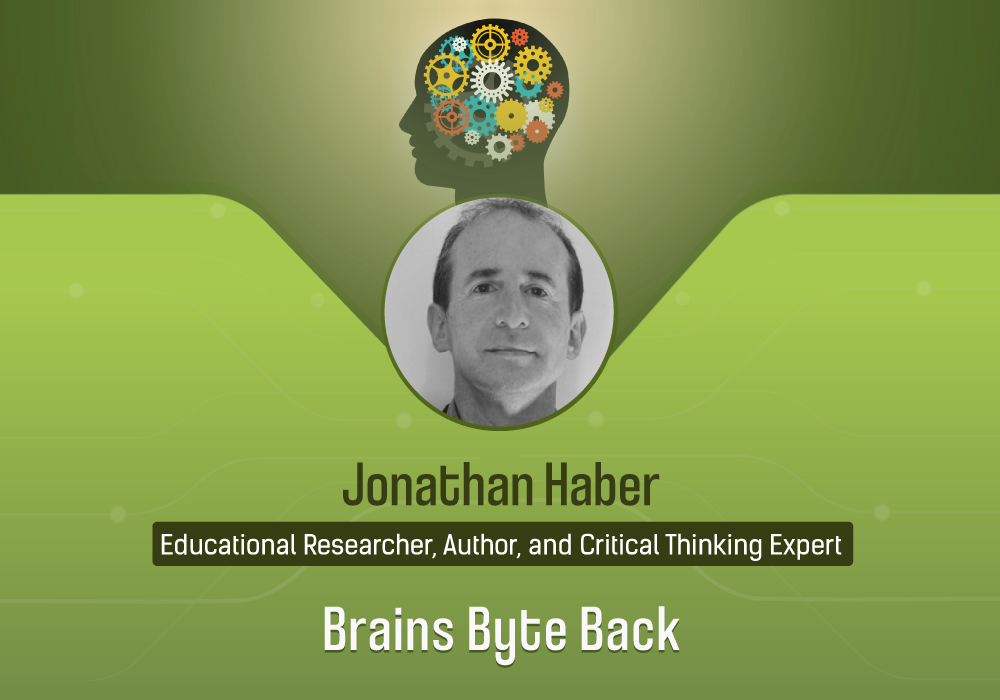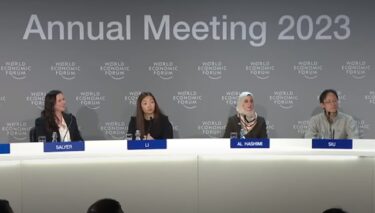In today’s world of fake news and misleading politicians, critical thinking is arguably more important than ever, as it is critical thinking that allows us to sift through misleading statements or fabricated news articles to get to the truth.
To understand what it takes to become a critical thinker and how anyone can improve their critical thinking abilities, we spoke with Jonathan Haber, an educational researcher, consultant, and writer, who specializes in critical-thinking education.
Haber is also the author of MIT press books MOOCS, The Critical Voter, and Critical Thinking which is part of The MIT Press Essential Knowledge series.
Listen to this podcast on Spotify, Anchor, Apple Podcasts, Breaker, Google Podcasts, Stitcher, Overcast, Listen Notes, PodBean, and Radio Public.
In this episode, we discuss what is critical thinking, what it takes to be a critical thinker, and how our biases can impact our ability to think critically.
Haber highlights examples of biases taken from Daniel Kahneman’s Noble prize-winning book “Thinking Fast and Slow” to demonstrate how we are unknowingly influenced by different types of information presented to us.
In addition to this, we also pick apart the behavior and words used by Joe Biden and Donald Trump in the recent debates leading up to the election, to understand how they tried to appeal to voters.












